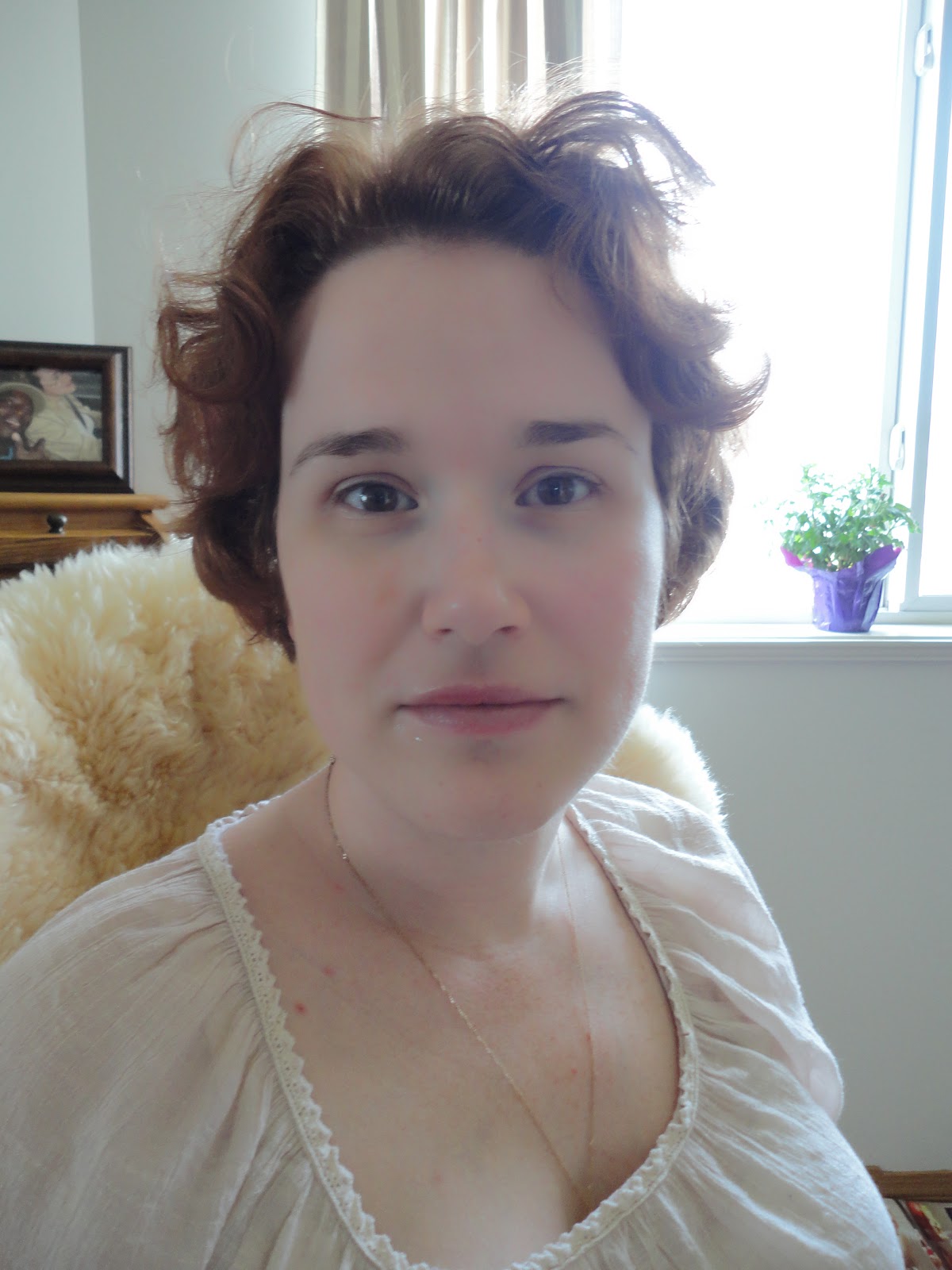WARNING:
This post is more about questions than
answers. So be prepared to be confused or if you’re not confused, then be
prepared to leave comments so I can become unconfused!
To
borrow the format of an old old song, how many words must a writer write before
he/she becomes a writer? That is the question of the day.
Last
year, my fourth book released (PURSUED, www.whiterosepublishing.com) and am only beginning to
look people in the eye and say,
“I’m a writer.”
This
is my first book published by a “traditional” publishing company. I
self-published my first book, then had two published by a POD publisher. For me,
I didn’t feel like I was a writer until I’d been validated by a traditional
publisher, but that’s just me.
I
know there are plenty of writers out there who haven’t even completed a book but
they have no problem telling others they are a writer. And far be it from me to
disagree with them.
Does
a person become a writer as soon as they decide to become a writer? After
they’ve written the first word, first paragraph, or finished their first book?
Maybe, they don’t become a “real writer” until they’ve published a
book?
Mmm.
That could be a good definition. A person becomes a writer after they’ve
published a book. Really?
I
wrote for at least eight years before my first book was published. I wrote
faithfully day after day, before work, after work, on weekends and holidays.
Didn’t that make me a writer? And yet, at the time I didn’t feel like I could
tell people I was a writer. Crazy, huh?
Let’s
see what the dictionary says. Dictionary.com says an author is a person who
writes a novel, a poem, or other written work. Another definition is the maker of
anything, the creator of anything.
Mmm.
I
don’t see anything in the definition that you are only an author if your writing
makes money, or if your book becomes a bestseller, or if everyone knows your
name, or even if a publisher decides you are a writer.
Gosh,
I guess I was a writer all along and just didn’t know it. To learn
more about Lillian and her writing visit: www.lillianduncan.net
What’s
your opinion? When does a person become a writer?
God
Bless and Good Reading! Lil
BIO:
Lillian Duncan is a book
lover as both a reader and a writer. Her tagline on her website (www.lillianduncan.net) says it all STORIES OF FAITH MINGLED WITH MURDER AND
MAYHEM. Tired of having to skip
over all the four letter words and explicit sex scenes, she started writing the
type of books she loved to read—suspense with a touch of romance.
To learn
more about Lillian and her books, visit: www.lillianduncan.net.
She has a devotional blog at:
www.PowerUpWithGod.com
Her most recent releases are
PURSUED (White Rose Publishing) and DECEPTION (Harbourlight Books).
BOOK BLURB:
DECEPTION:
Twins are supposed to have an unbreakable bond, but Patti
and Jamie have serious “relationship issues.” Patti hasn’t seen Jamie since her
twin ruined her upcoming nuptials years before. When a niece she knows nothing
about calls, Patti must unravel the yarn of Jamie’s life and her disappearance.
Detective Carter Caldwell takes his job seriously, and
it's his job to keep Patti and her adorable niece safe. But Patti is determined
to help find her sister. Each step brings her closer to the truth, but pulls her
further into a web of danger and deception.
Together,
they must find the courage and faith to continue the search for her sister. Her
journey will take her down a road of deception where they will have to fight for
her life and the lives of countless Americans.




